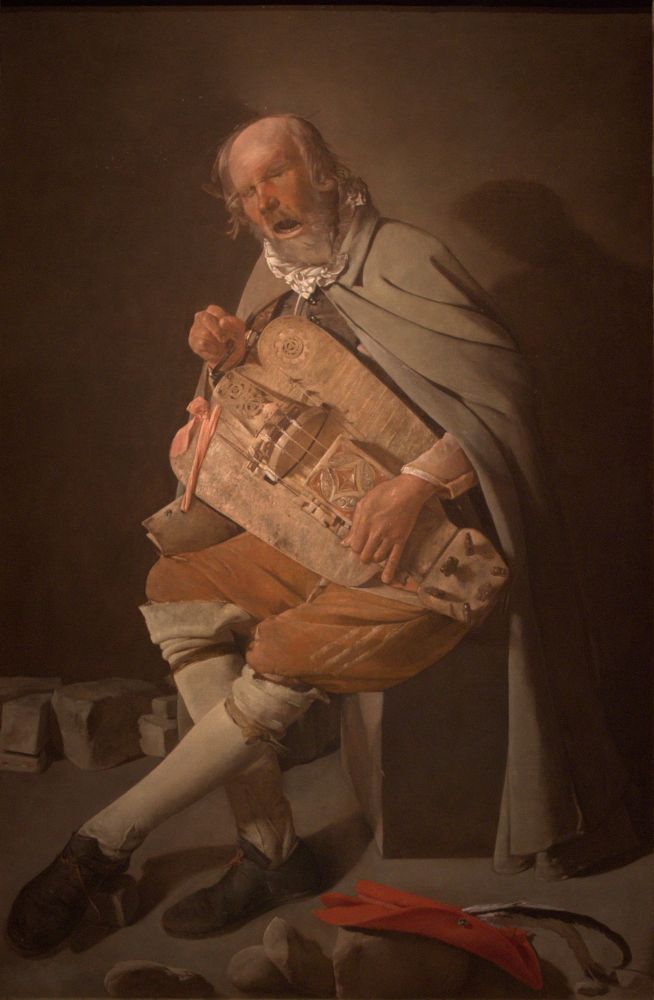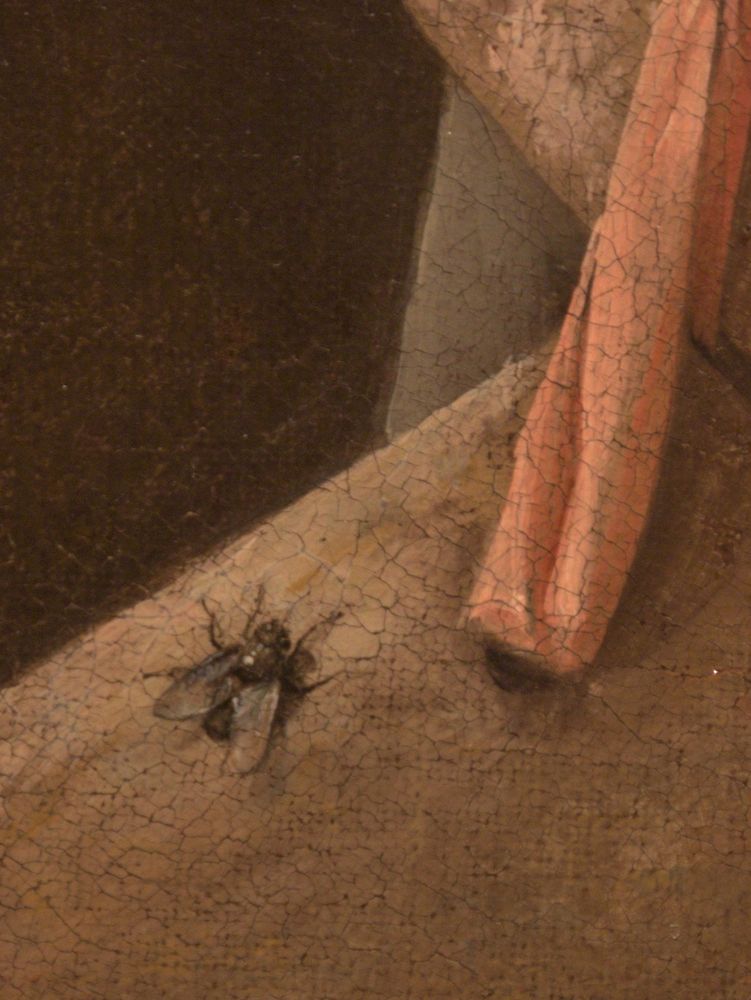
He/him.
I've got eyes, real eyes
Living eyes, eyes of flame,
Wonderful eyes
That touch the bottom of the soul
And in many a case
Can even lend one to those who don't have one.
I've got eyes, real eyes
Living eyes, eyes of flame,
Wonderful eyes
That touch the bottom of the soul
And in many a case
Can even lend one to those who don't have one.
- The story was published in 1857
- The word appears in a sentence that establishes Sir Williams as a former "leader of the pick-pockets" in... London.
Rocambole himself is a teenager who works for Sir Williams.
- The story was published in 1857
- The word appears in a sentence that establishes Sir Williams as a former "leader of the pick-pockets" in... London.
Rocambole himself is a teenager who works for Sir Williams.

Le Général Oku --> Le Général aux culs (the general with the butts)
Le Général Oku --> Le Général aux culs (the general with the butts)








- "Tirer un trait sur mes années" could mean both "strike them off" (with a pen) and "shoot an arrow at them" (which would cause them to flee)
- coche/coche (a notch on a stick or a tick on a list/a horse carriage)
Probably not helpful but who knows!
- "Tirer un trait sur mes années" could mean both "strike them off" (with a pen) and "shoot an arrow at them" (which would cause them to flee)
- coche/coche (a notch on a stick or a tick on a list/a horse carriage)
Probably not helpful but who knows!
Something like: j'ai barré (crossed out) les années et elles se sont barrées (took off)
Obviously not that, but remembering the pun might help you remember the line.
Something like: j'ai barré (crossed out) les années et elles se sont barrées (took off)
Obviously not that, but remembering the pun might help you remember the line.
Et, puisque tes lentes cadences
Rythment le pouls des soirs d'été,
Fais-nous croire que les cieux dansent
Parce qu'un aveugle a chanté.
Et, puisque tes lentes cadences
Rythment le pouls des soirs d'été,
Fais-nous croire que les cieux dansent
Parce qu'un aveugle a chanté.



